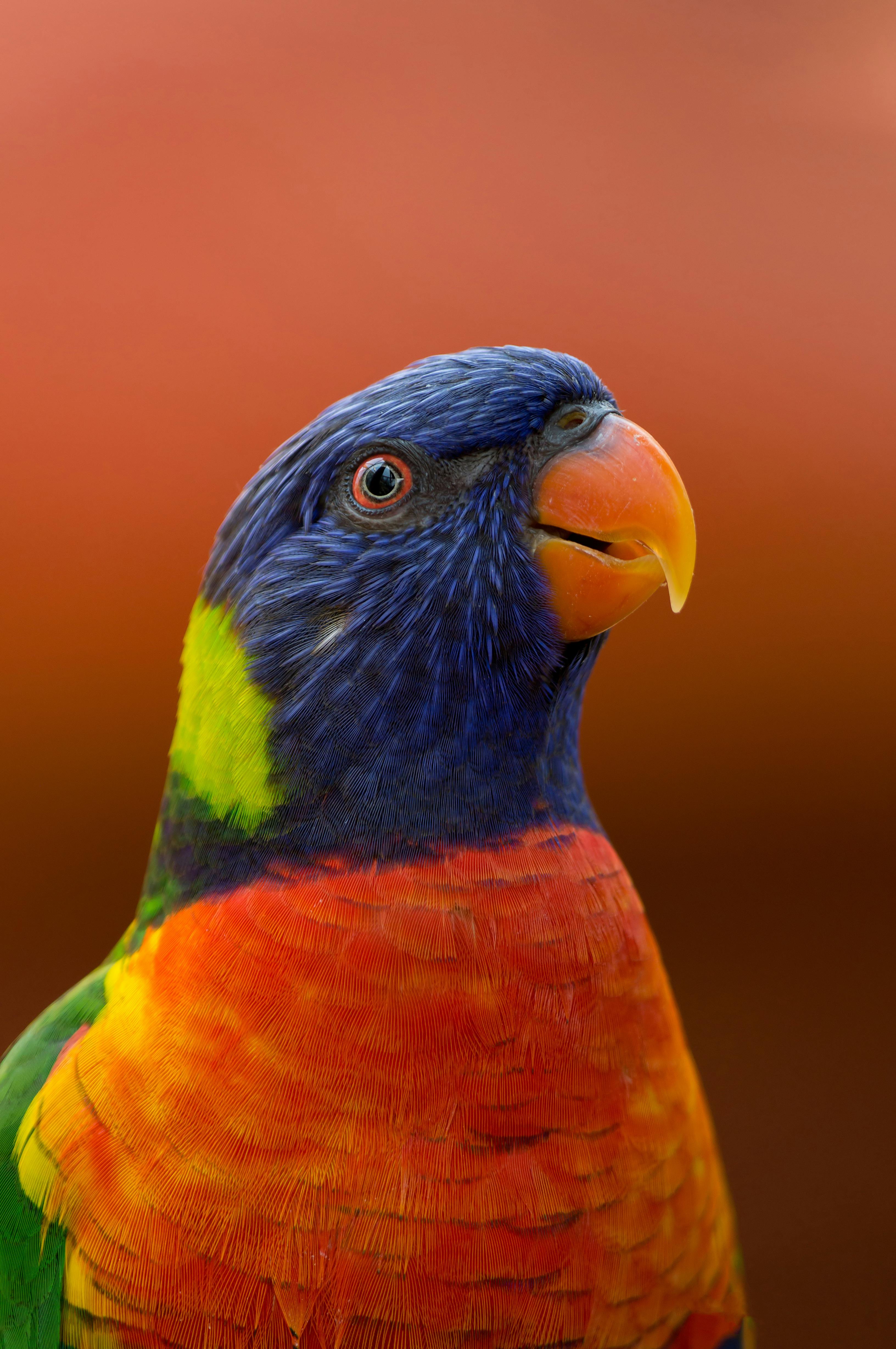
Apply Now


Essential Guide to Training Your Orange Betta Fish in 2025
Understanding the Orange Betta Fish
Training your orange betta fish begins with understanding its unique characteristics and needs. Orange betta fish, known for their vivid colors, are part of the betta fish species, which exhibit a variety of behaviors and personalities. These fish are generally territorial, especially males, and can display aggressive behavior against other bettas, making it crucial to choose compatible tank mates for a peaceful community tank environment. Establishing a well-planned betta fish habitat is vital, as it directly influences their health and longevity. Optimal betta fish care involves providing the right tank setup, including filtration, lighting, and maintaining water conditions that suit the species. For instance, a well-filtered tank ensures that the water is clean and free of harmful toxins, promoting better health for your betta fish. Additionally, understanding the ideal water temperature and parameters can enhance your fish's breeding capabilities and overall well-being.Creating the Perfect Betta Fish Habitat
Building a suitable betta fish habitat is integral to their training. Start with an appropriately sized tank; a minimum of 5 gallons is recommended for a single orange betta. A well-decorated tank with plants, ornaments, and hiding spots mimics their natural environment, providing security and reducing stress. The setup should include filtration systems that maintain water quality, as bettas are sensitive to pollutants. Betta fish thrive in clean water, and regular changes—about 20-30% weekly—help sustain good water conditions. Lighting also plays a crucial role; using LED lights not only enhances the tank’s aesthetic but also supports the fish’s health. Understanding the biological aspects of your betta's environment can directly influence its temperament and willingness to engage with you. The right environment encourages natural behaviors which can be advantageous during the training process, allowing you to bond with your fish through positive reinforcement.Feeding Your Orange Betta Fish for Success
Nutrition is a key element of betta fish training. Knowing what to feed your orange betta and establishing a consistent feeding schedule is paramount. Bettas are carnivorous and thrive on a varied diet that includes quality betta fish pellets, flakes, and occasional treats like bloodworms or brine shrimp. Overfeeding can lead to health issues, so adhering to a feeding guide with portions sized to your fish's body length is ideal. Regular feeding times also help establish a routine that your betta will recognize, enhancing its interaction during training sessions. Ensure that you offer a balanced diet to support the vibrant colors and health of your orange betta. This will not only improve its overall health but also enhance your training success, as a well-fed fish is more likely to respond positively to activities and commands.Key Training Techniques for Your Betta
Using Positive Reinforcement
Positive reinforcement is an effective method when training your betta fish. Using treats as rewards for desired behavior can encourage them to learn commands or tricks. For example, teach your betta to leap out of the water for a food reward. Start by holding the treat above the water’s surface and gradually raise it higher as your fish begins to jump for it. Be patient and consistent; recognition of these actions can take time. The goal is to encourage fun interactions that stimulate your betta both mentally and physically. This training not only helps enhance the bond between you and your fish but also reinforces healthy behaviors, ensuring a happier and more active pet.Social Interaction and Handling
Engaging with your betta fish goes beyond feeding and training; regular handling and social interactions can reduce stress and improve your betta’s behavior. Gently acclimate your betta to your presence by talking to it, tapping on the tank, or gently moving your finger along the glass. Over time, your betta may recognize you and start reacting positively to your presence. When it comes to handling, it's crucial to do so sparingly. Support your betta with proper fish-handling techniques such as using a net or cupped hands to prevent injuries. Keeping these interactions low-stress is critical to maintaining your betta's health and happiness.Avoiding Common Training Mistakes
While training your orange betta fish can be rewarding, there are common pitfalls to avoid. One prominent mistake is attempting to train your fish too quickly; bettas, like many fish, have their own pace of learning. Rushing the process can result in stress or aggressive behavior. Additionally, monitor tank conditions while training; bad water quality can affect your fish's reaction to training. Regular maintenance checks are important, including water temperature and filtration effectiveness. By ensuring a healthy environment, you'll foster a better experience during training sessions.Betta Fish Care Tips and Tricks
Monitoring Betta Fish Health
Keeping an eye on your orange betta's health is essential for effective training. Watch for behavioral changes that could indicate health issues, such as lethargy or unusual aggression. Regularly check for signs of diseases common in bettas, such as fin rot or ich, and ensure your fish’s water quality is optimal. Water testing kits can be used to monitor parameters, ensuring that your fish thrives. Regularly administered health checks can significantly improve your betta's lifespan and comfort, which directly ties into successful training practices.Creating an Enriching Environment
Providing a stimulating environment can enhance your orange betta's training experience. Incorporate aquatic plants and safe, non-sharp decorations that foster exploration. Bettas are naturally curious; enriching their habitat allows them to express their personality and decreases aggression symptoms. Incorporating playful elements such as floating toys can also encourage active engagement, making training sessions more productive and enjoyable for both you and your fish.Understanding Betta Fish Behavior
Learning about betta fish behavior is crucial for any owner. Each orange betta displays a unique personality, impacting how it interacts within its habitat and responds to training. Understanding their behavioral patterns can help you tailor training techniques effectively. Regular observations can reveal tendencies including hiding, swimming patterns, or social interactions with tank mates, which can inform your training strategies. Consistency is key, so adjust your methods based on how your betta reacts over time.Answers to Common Betta Fish Training Questions
What are the Best Betta Fish Tank Size Recommendations?
For a single orange betta fish, a minimum of 5 gallons is recommended, but larger tanks are preferable for better water quality and living space. Bigger tanks provide a more stable environment, which is beneficial for overall health and wellness.How Often Should I Feed My Betta Fish?
Feed your orange betta twice a day with careful portions to avoid overfeeding. Each feeding should consist of small amounts that the fish can consume in a few minutes. Monitoring your fish's eating habits helps you maintain optimal health and aids training practices.What Kind of Tank Mates are Best for Betta Fish?
Gentle, compatible species are best for community tanks with bettas. Fish like neon tetras or Corydoras catfish can coexist peacefully. It's essential to avoid other bettas, as they can trigger aggressive behavior. Ensuring compatibility can lead to a harmonious aquascape.
Conclusion: Your Journey with Orange Betta Fish
Training your orange betta fish can be a fulfilling endeavor, fostering a rewarding bond between you and your pet. By understanding their unique needs, creating the right environment, and employing effective training methods, you can ensure a happy and well-adjusted fish. Commit to regular care and maintenance practices alongside training to promote your orange betta's health and longevity. Embrace your journey in the aquatic world, and let each training session elevate your experience as an aquarium enthusiast.